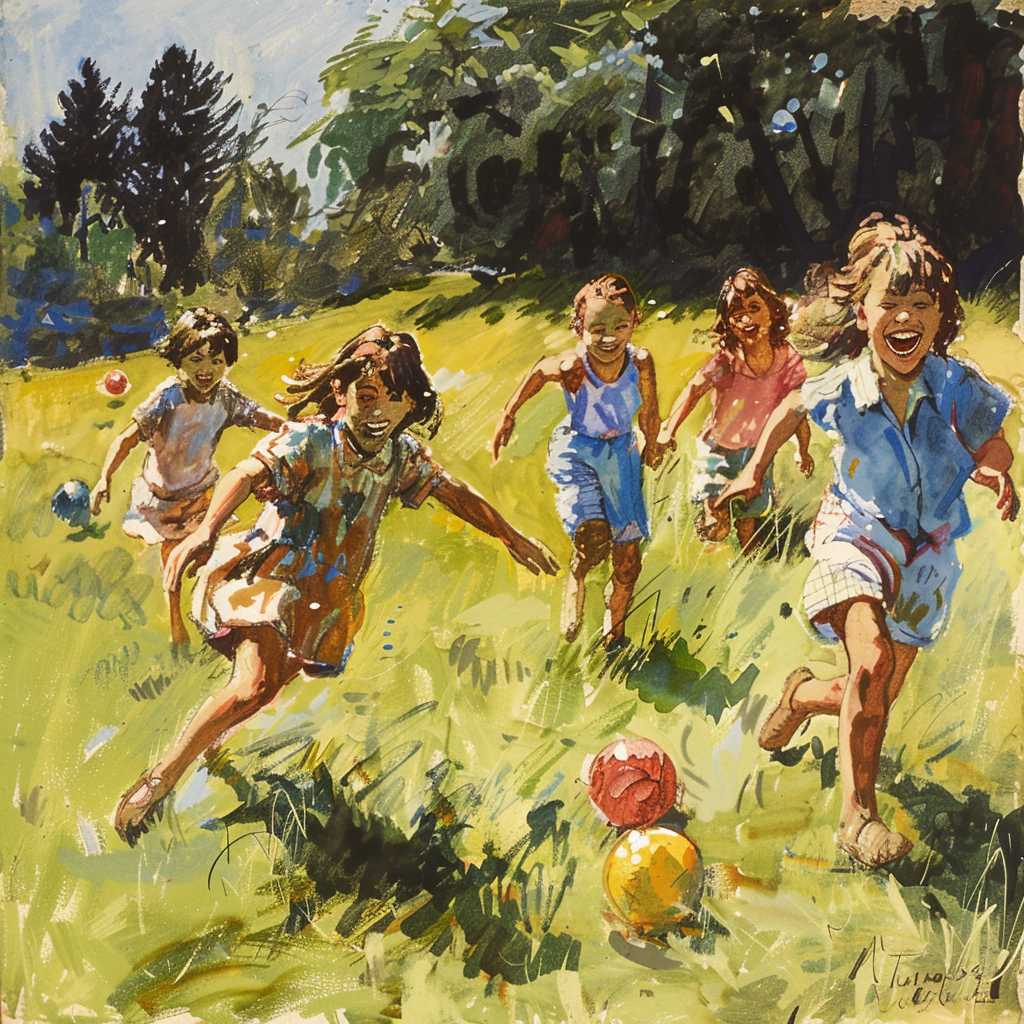Exploring the Concept and Cultural Aspects of Romp
Romp, a term often embracing a playful or frolicsome activity, is not only a descriptor for physical games and boutades but also encapsulates the spirit of spontaneity and merrymaking in different aspects of human culture. In this article, we will delve into what constitutes a ‘romp’ through its various connotations across expressions like literature, cinema, and social gatherings.
The Essence and Etymology of Romp
The concept of romping has a rich etymological history, dating back to the 18th century, where it described particularly robust play among children or animals. It refers to playing roughly or boisterously and has maintained that essential meaning throughout its linguistic evolution. A romp can be seen in puppies tumbling over each other in play, for example, embodying the word’s association with energetic and uninhibited behavior.
Romp in Literature
Authors have often used the spirit of romp in literary works to communicate scenes of joy, disorderly conduct, and conviviality without malicious intent. Shakespearean comedies involve characters that romp through errors and mischief towards a resolution often festooned with romance and reconciliation. In children’s literature, romps play a crucial role in engaging young readers, such as the adventures of “Where the Wild Things Are” by Maurice Sendak where the protagonist Max’s wild rumpus with fantastical creatures is pivotal.
Cinematic Interpretations of Romps
In cinema, romps are visual feasts where scenes are injected with high-energy antics and often culminate in comedic payoffs. Screwball comedies from the early 20th century up to modern-day capers can be considered cinematic romps due to their fast pacing, erratic scenarios, and lighthearted take on potentially serious situations. Films like “It’s a Mad, Mad, Mad, Mad World” represent this style.
Social Gatherings and The Art of Romping
Romp also holds resonance in social activities like parties or festivals that are characterized by lively dancing and carefree attitudes. These events may often be termed as romps because they offer participants the chance to momentarily abandon daily decorum in favor of spirited amusement. Carnivals around the world showcase this phenomenon, where communities collectively indulge in revelries.
Romps in Digital Spaces and Gaming
As technology advances, virtual spaces have learned how to incorporate the playful essence of romp into digital interactions and games. Multiplayer online games that focus on fun rather than competitive gameplay create virtual romps where players engage in amusing activities, frequently leading to joyful interactions and social bonding within the gaming community networks.
Global Interpretations and Variations of Romp
Across cultures, the interpretation of romp takes different forms but often converging on universal themes of joy and informal conviviality. From India’s Holi Festival known for its risqué songs and playfulness to Spain’s La Tomatina where a massive tomato fight ignites a communal euphoria among participants; these events showcase the diversity and similarity in celebrating the spirit of a romp worldwide.
